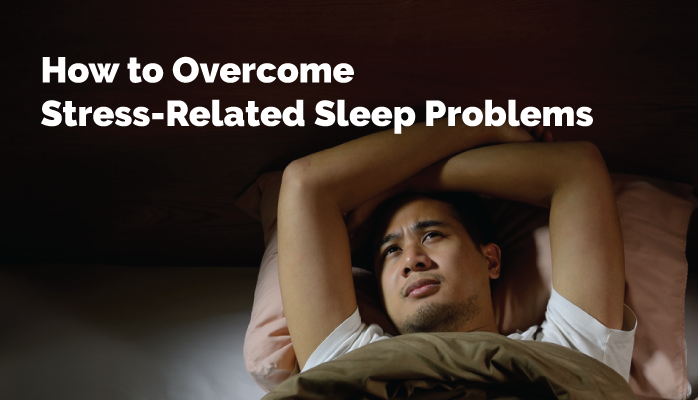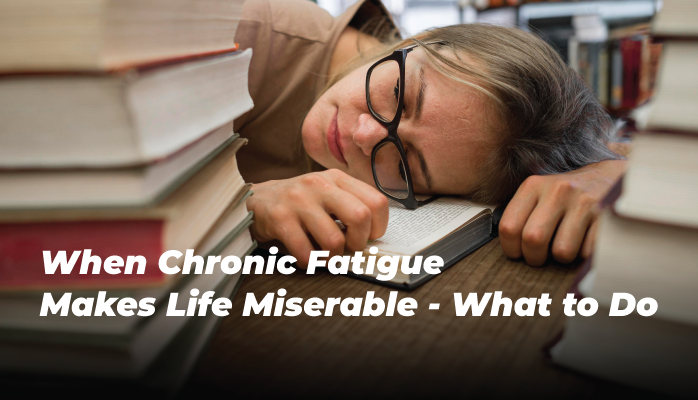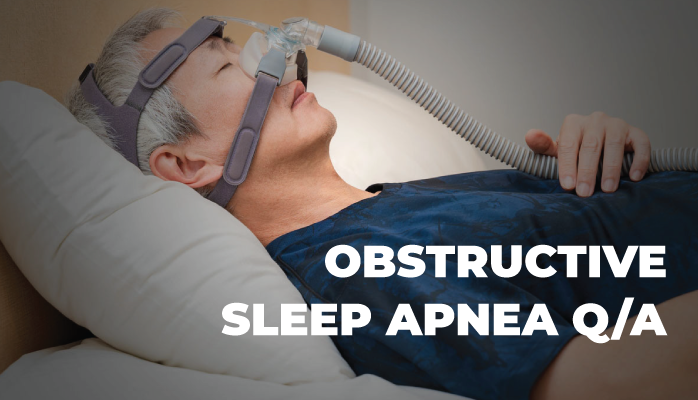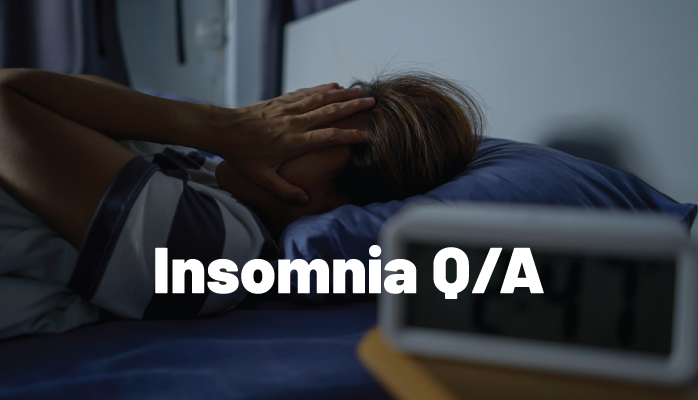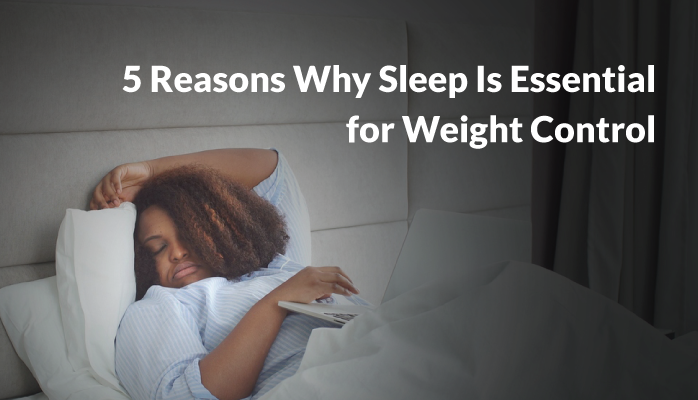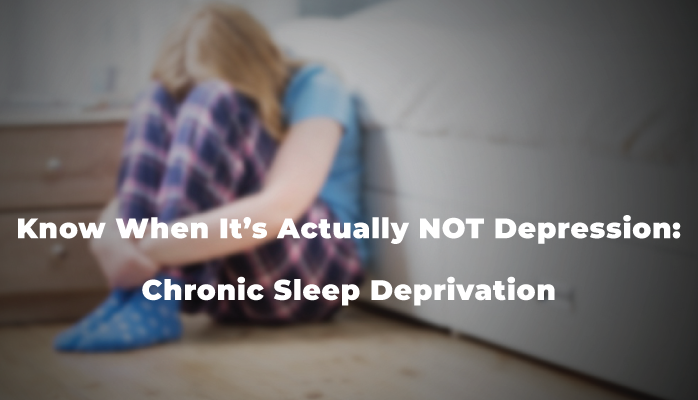More Stress than Ever
Are you lying awake at night, stressed out, mind racing in circles? For many American’s this is a nightly routine that prevents sleep and leads to habits that may help you fall asleep, but not sleep well. Either way, stress is a sleep killer.
Beyond the stress that actively keeps you up at night, the demands of modern life – parenting, work, school, health, finances, chores – can also make sleep feel like a secondary necessity, especially because we all like having “free time” and “self-time.” The only time that this can happen for most individuals is late at night, and leads to staying up late to watch television, cruising the web, or watching a movie which further inhibit sleep.
Also, all of us are different and can deal with different amounts of stress, be they short-term or long-term stressors. Understanding stress is about understanding stress for you – how you react, how it impacts your life, how it impacts your sleep. Continue reading to learn about how to overcome stress-related sleep problems.




